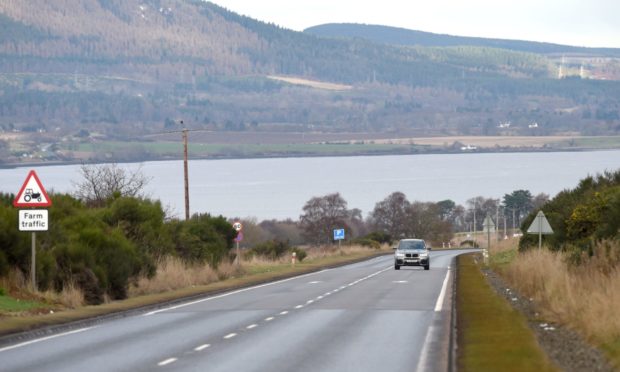A Highland housing plan is urgently needed to stop young people leaving the region, say the Scottish Liberal Democrats.
The party is calling on the Scottish Government to empower local people to build where there are housing shortages and reform the tax system to encourage more to stay.
Community Land Scotland (CLS), which represents community landowners, has previously said a lack of affordable houses is one of the biggest factors in population loss, along with the growth in second homes and short-term holiday lets.
Lib Dem land reform spokeswoman Molly Nolan, speaking ahead of a party conference debate on the issue, said: “Scotland still has one of the most concentrated land ownership patterns in the world, with over half of Scotland’s rural land owned by just 432 landowners.
I've said it before and I'll keep saying it. To retain the Highland population young people need housing, jobs, broadband and local services. We are being forced out. Until the Scottish Government listens, there will be no solution. https://t.co/f1QGz8ssKV
— Molly Nolan 🔶 (@mollycnolan) February 18, 2021
‘A government for the central belt’
“The Covid-19 crisis has exacerbated the housing crisis affecting Scottish communities, particularly in the Highlands and Islands, where demand for housing has soared.
“Reforming land ownership, usage and taxation in Scotland will contribute to a fairer society and a fairer economy.
“The Scottish Government’s existing land reform policies do not go far enough to ensure that young people and families are supported to remain in their communities in adulthood.
She added: “Too often the SNP have been a government for the central belt.
“It’s time to put the residents of rural Scotland back in charge of our destiny. I hope that conference will back my proposals to make that happen.”
Ms Nolan argued for the need to replace property-based council taxes with a locally administered land value tax to encourage a more proportional system of taxation and fairer use of land.
She also called for new rules to ensure public bodies consult with rural and remote communities to make sure Scottish legislation is “rural proof”.

